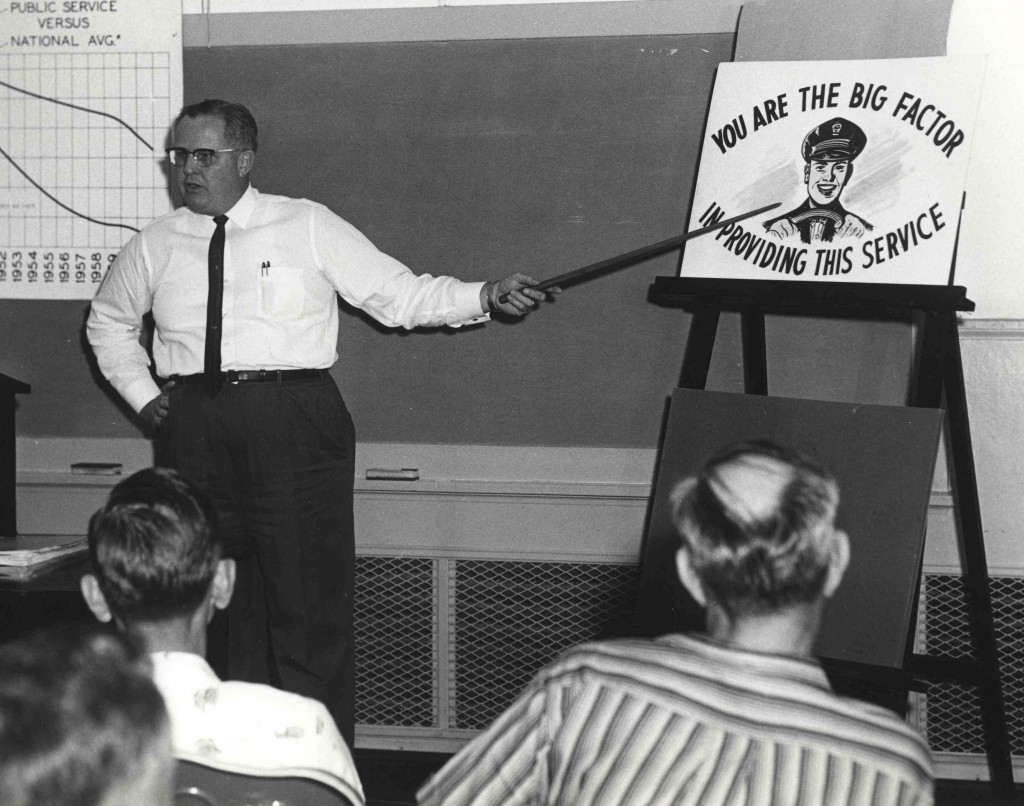The central Gulf Coast’s first THATCamp was held on May 17, 2013, in New Orleans. THATCamp NOLA was a successful “unconference” held at the Louisiana Humanities Center Building. Digital Humanities folk in New Orleans based at the University of New Orleans and several from the University of Southern Mississippi collaborated on introducing THATCamp to the area. Volunteers from Loyola and Xavier Universities also contributed to the successful unconference, which featured 63 registrants and drew participants from as far as Kentucky.
Any one interested in helping with planning for the next THATCamp NOLA should contact Michael Mizell-Nelson:
If you would like to learn a bit more about who participated and what some of the sessions were like, please visit some of the pages from our 2013 event.


